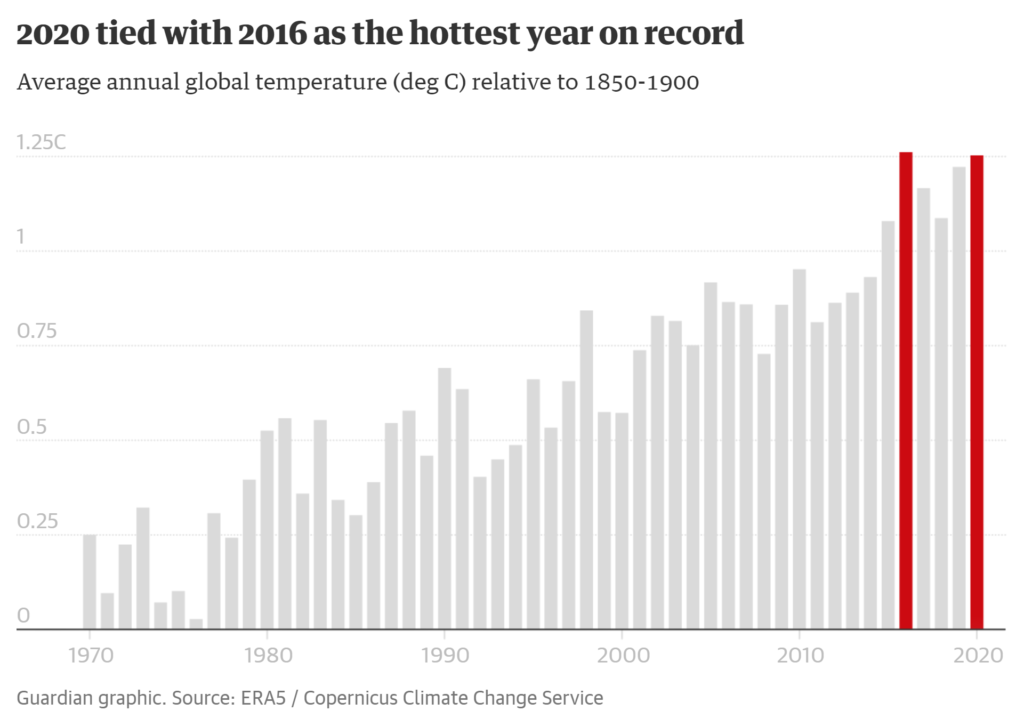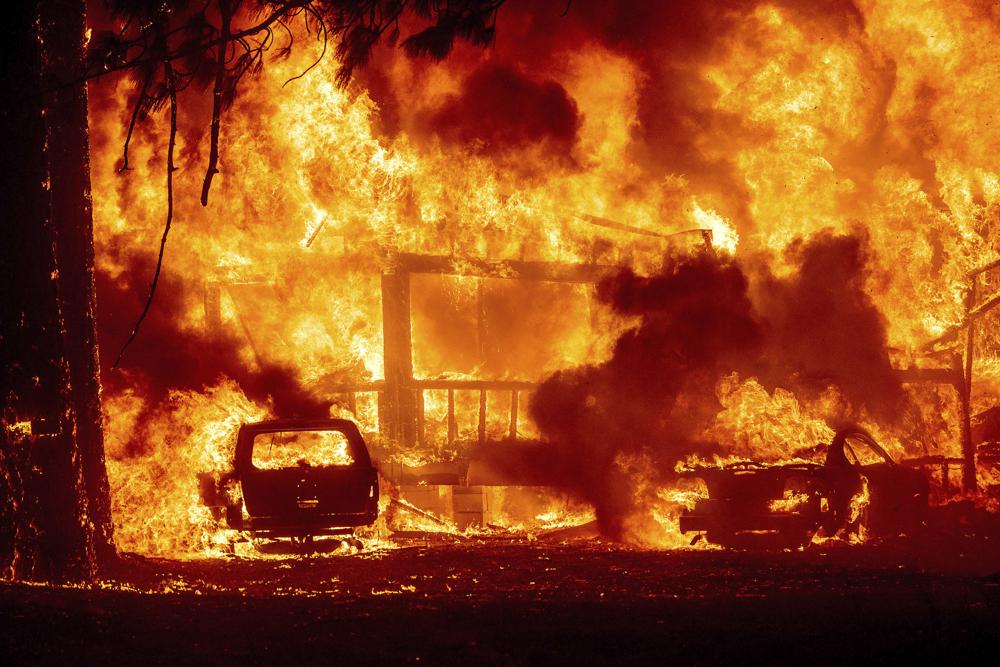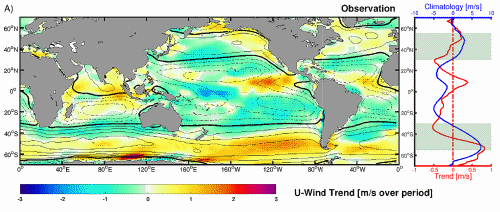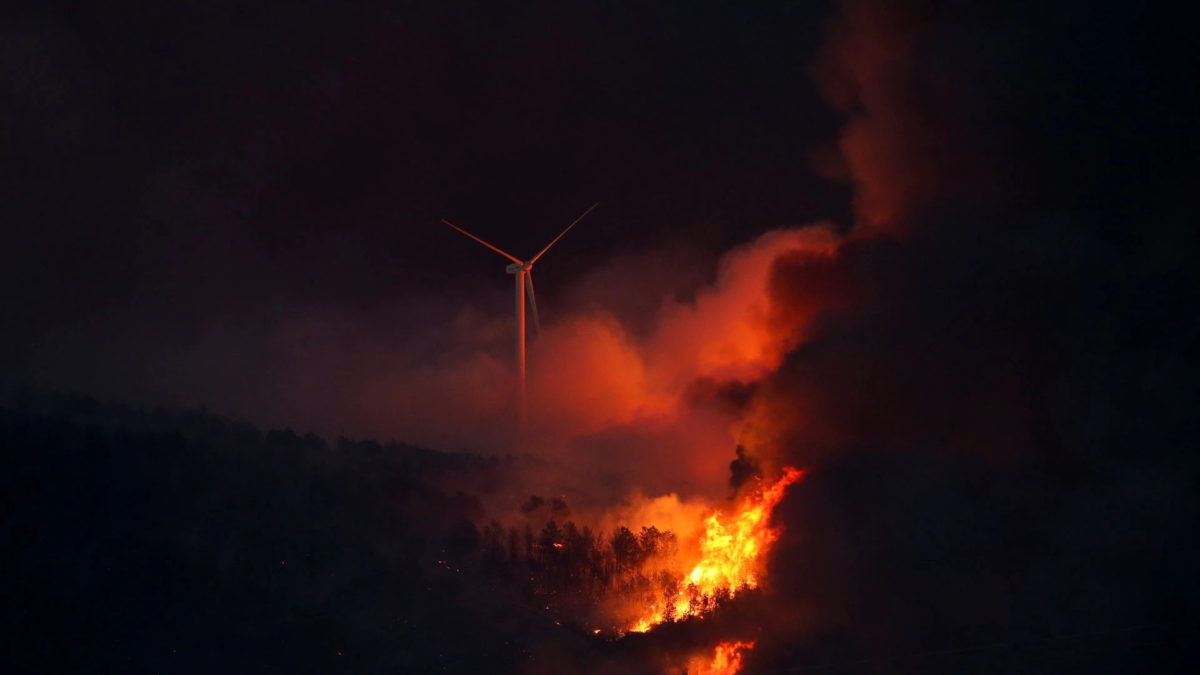2020 tied 2016 for hottest year ever recorded – “The extraordinary climate events of 2020 show us we have no time to lose”

By Damian Carrington
8 January 2021
(The Guardian) – The climate crisis continued unabated in 2020, with the joint highest global temperatures on record, alarming heat and record wildfires in the Arctic, and a record 29 tropical storms in the Atlantic.
Despite a 7% fall in fossil fuel burning due to coronavirus lockdowns, heat-trapping carbon dioxide continued to build up in the atmosphere, also setting a new record. The average surface temperature across the planet in 2020 was 1.25C higher than in the pre-industrial period of 1850-1900, dangerously close to the 1.5C target set by the world’s nations to avoid the worst impacts.
Only 2016 matched the heat in 2020, but that year saw a natural El Niño climate event which boosts temperatures. Without that it is likely 2020 would have been the outright hottest year. Scientists have warned that without urgent action the future for many millions of people “looks black”.
The temperature data released by the European Union’s Copernicus Climate Change Service (C3S) showed that the past six years have been the hottest six on record. They also showed that Europe saw its hottest year on record, 1.6C above the long-term average, with a searing heatwave hitting western Europe in late July and early August.
The Arctic and northern Siberia saw particularly extreme average temperatures in 2020, with a large region 3C higher than the long-term average and some locations more than 6C higher. This resulted in extensive wildfires, with a record 244m tonnes of CO2 released within the Arctic Circle. Arctic sea ice was also significantly lower, with July and October seeing the smallest extent on record for those months.
“[The year] 2020 stands out for its exceptional warmth in the Arctic,” said Carlo Buontempo, director of C3S. “It is no surprise that the last decade was the warmest on record, and is yet another reminder of the urgency of ambitious emissions reductions to prevent adverse climate impacts.”
“The extraordinary climate events of 2020 show us we have no time to lose,” said Matthias Petschke, at the European Commission. “It will be difficult, but the cost of inaction is too great.” [more]


